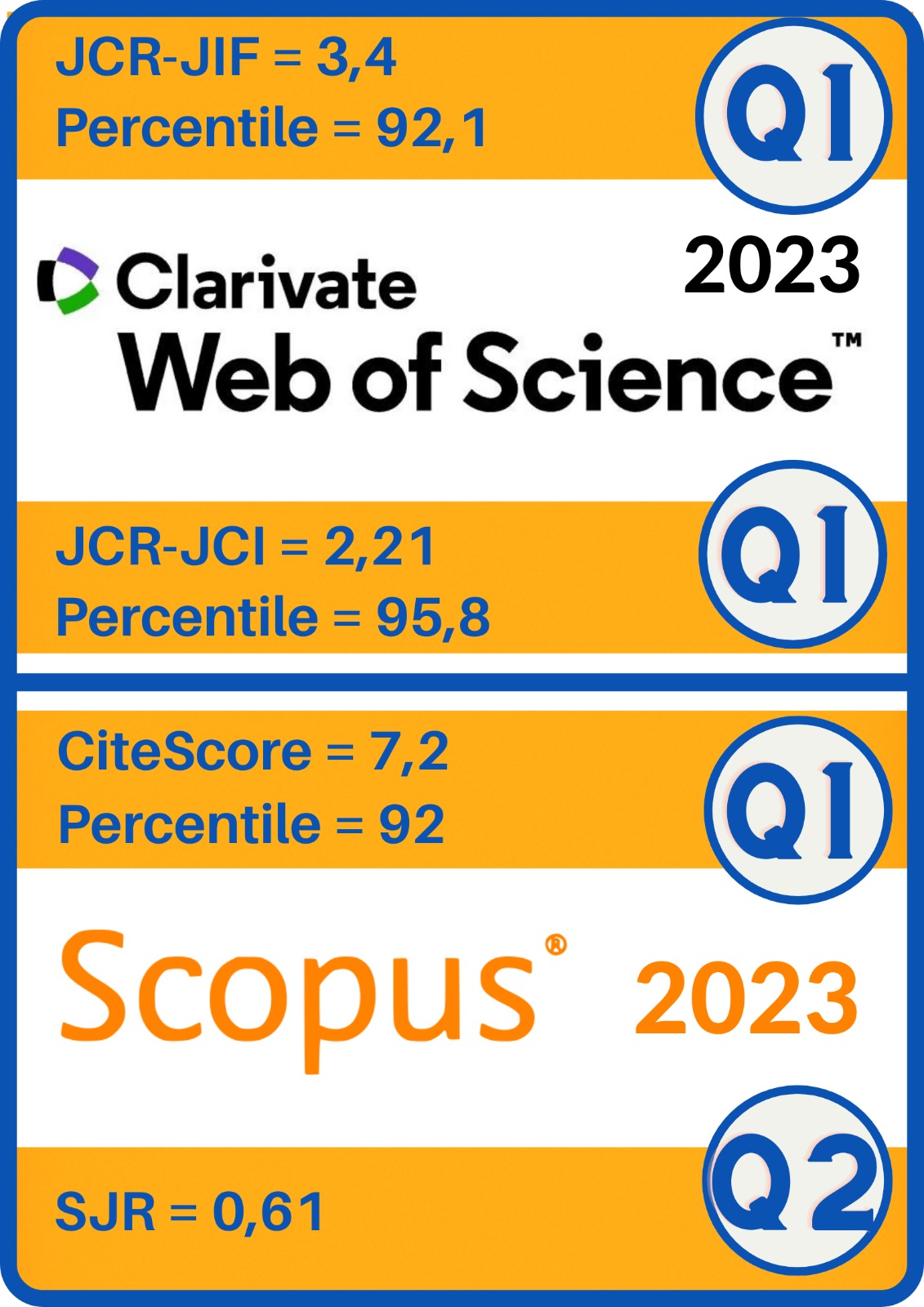
Vol 25, No 2 (2022) EN
Vol 25, No 2 (2022)
Special Issue. Complex Digital Horizons in the Future of Education 4.0: Insights from UNESCO Recommendations
DOI: https://doi.org/10.5944/ried.25.2
Coords.: María S. Ramírez-Montoya, Rory McGreal, Jane-Frances Obiageli Agbu
Table of Contents
Special Issue
Complex Digital Horizons in the Future of Education 4.0: Insights from UNESCO Recommendations
María Soledad Ramírez Montoya, Rory McGreal, Jane-Frances Obiageli Agbu
Technological Enablers 4.0 to Drive Open Science and Education: Input to UNESCO Recommendations
Laura Icela González-Pérez, María Soledad Ramírez Montoya, Francisco José García-Peñalvo
Education 4.0-based Method to Improve Learning: Lessons Learned from COVID-19
Ángel Fidalgo-Blanco, María Luisa Sein-Echaluce, Francisco José García-Peñalvo
Joanne Weber, Michael Skyer
Cristóbal Andrés Nova Nova, Gloria Concepción Tenorio Sepúlveda, Katherine del Pilar Muñoz Ortiz
A Threshold for Citizen Science Projects: Complex Thinking as a Driver of Holistic Development
Jorge Carlos Sanabria-Z, José Martín Molina Espinosa, Berenice Alfaro Ponce, Martina Vycudilíková-Outlá
Sara Buils, Francesc M. Esteve-Mon, Lucía Sánchez-Tarazaga, Patricia Arroyo-Ainsa
Digitalisation of the University by Covid-19: Impact on Students' Learning and Psychosocial Factors
José-María Romero-Rodríguez, Francisco-Javier Hinojo-Lucena, Inmaculada Aznar-Díaz, Gerardo Gómez-García
Flexible Learning Itineraries in Digital Environments for Personalised Learning in Teacher Training
Adolfina Pérez-Garcias, Gemma Tur, Sofia Villatoro Moral, Antonia Darder-Mesquida
Lara Orcos Palma, Cristina Jiménez Hernández, Ángel Alberto Magreñán Ruiz
The Role of Metacognitive Strategies in Blended Learning: Study Habits and Reading Comprehension
Beatriz Ortega-Ruipérez
Research and Case Studies
Proposing a Sustainable EdTech. Beyond Powerpointers and Clickerers Teachers at University
Verónica Villarroel Henríquez, Wanda Stuardo Troncoso
Implications of Message Length and Delay in Undergraduate Online Discussions
Inmaculada López-Francés, Fran J. Garcia-Garcia, Bernardo Gargallo López, Cristian Molla-Esparza
Edgar Alvarez-Castillo, Javier Tarango, Fidel González-Quiñones
Julio Cabero-Almenara, Sandra Martínez-Pérez, Juan Jesús Gutiérrez-Castillo, Antonio Palacios-Rodríguez
Assessment of the Digital Competence of Future Teachers from a Gender Perspective
María Rosa Fernández-Sánchez, Juan Silva Quiroz
Artificial Intelligence as an Educational Resource during Preservice Teacher Training
Desirée Ayuso del Puerto, Prudencia Gutiérrez Esteban






